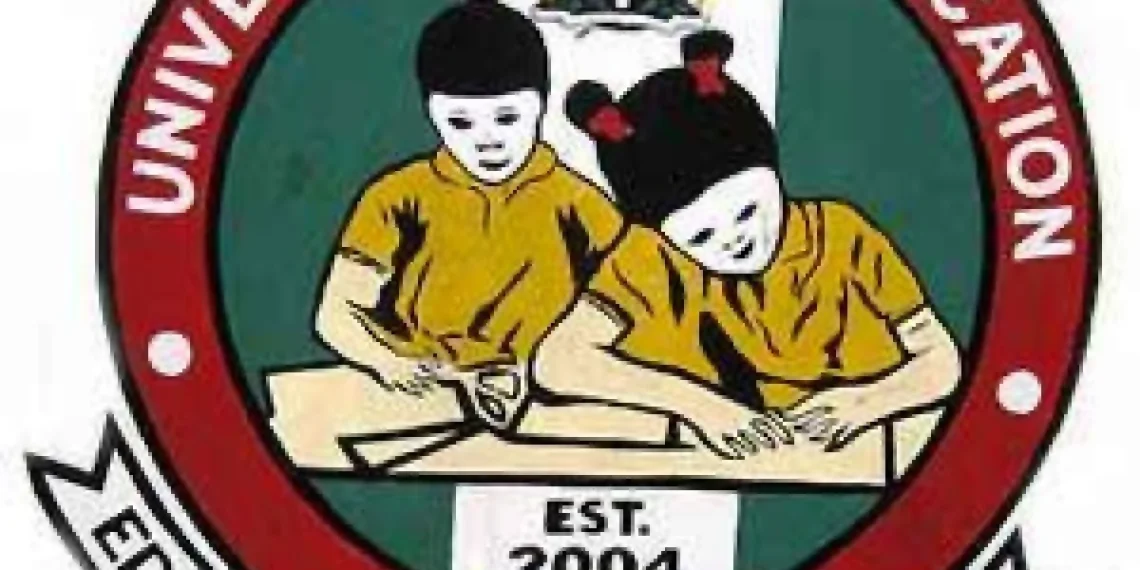The Cross River State Commissioner for Education, Prof. Stephen Odey, has warned head teachers and principals of public and private schools against collecting illegal levies from students.
The commissioner, who gave the warning during a meeting with school heads in Calabar, said offenders would face strict sanctions.
He stressed that all authorised payments must be made into designated government accounts and not into personal accounts of administrators.
Prof. Odey explained that the meeting was convened to align stakeholders with the state government’s reforms for the 2025/2026 academic session.
The commissioner threatened to shut down schools operating without approval and outlined key reforms designed to improve the quality of education in the state.
He mentioned some of the newly introduced reforms to include teachers’ promotion as a framework to recognise and reward teachers’ dedication, and the introduction of unique identifiers for every student to streamline tracking and management.
Read also:
- Cross River State passes game-changing bill to revolutionize rural roads
- Cross River communities protest planned privatization of cocoa estate
- Cross River introduces Jesus Carnival into state’s tourism calendar
Others are the electronic processing of results for efficiency and accuracy, mandatory adoption of government-approved textbooks to standardise learning, as well as anti-drug and anti-bullying clubs to promote a safe and healthy school environment.
He also mentioned the provision of enhanced resources and accommodation for students with disabilities and streamlining to one vice principal and one head teacher per school.
The commissioner further directed that the ministry would enforce punctuality among staff and students, while warning that illegal schools in the state risk immediate closure.
He disclosed that a request has been made to the governor for vehicles to enhance school monitoring and supervision.
Prof. Odey also encouraged school administrators to make use of the remodelled state library to improve their professional competence and to comply strictly with examination registration deadlines.






